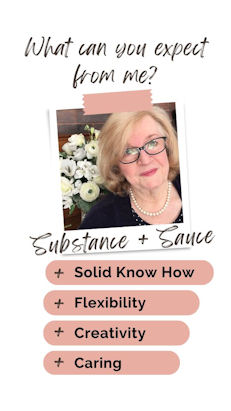What is a Humanist Celebrant?
... a democratic and ethical life stance, which affirms that human beings have the right and responsibility to give meaning and shape to their own lives. It stands for the building of a more humane society through an ethic based on human and other natural values in the spirit of reason and free inquiry through human capabilities. It is not theistic, and does not accept supernatural views of reality.As a Humanist celebrant I'm committed to treating others with courtesy, dignity, respect and tolerance, and without prejudice or bigotry.
How does a
Humanist Ceremony differ from others?
A Humanist ceremony is inclusive. It concentrates on things we all have in common. As a result, a Humanist ceremony tends to appeal to everyone, regardless of their personal beliefs. People with no belief, people with strong religious belief, and people whose belief system lies somewhere in between, have all come to me on numerous occasions to tell me how much they enjoyed the ceremony, how much it spoke to them and touched them.
In Australia, a Humanist ceremony can include personal expressions of belief. While, in countries like England and Scotland, Humanist celebrants must work under the auspices of the relevant Humanist organisation, and never include anything religious in the ceremony, that is not the case in Australia, where I, and other civil celebrants, are appointed as, and operate as individuals, responsible for the legal side of the ceremony to the Attorney General in Canberra. I believe that principles of tolerance preclude my taking a hard secular line in ceremonies. If you wish to express your beliefs it is my role to respectfully facilitate that.
Some
thoughts about Humanist ceremonies
The reason there are three readings in the religious marriage ceremony is because a Christian religious marriage ceremony is defined as a service of worship and all services of worship include a reading from the Old Testament, New Testament, and the Epistles. In a civil ceremony you can choose to have as many or as few readings as you wish.
The reason that words are spoken about the rings is that at that point in the ceremony the rings were blessed before they were exchanged. (Rings are optional. They are not a legal requirement.)
The traditional religious ceremony includes gender stereotypes and practices that are not required by Australian law., so they can (and in my view definitely should) be edited or altered to reflect your beliefs and ceremonial requirements. These include common phrases like Man and Wife, Who Gives this Woman, or You may kiss the bride, which I do not use. Rather, I suggest alternatives that send powerful messages of inclusiveness and of equality between the marrying couple.
Let's talk about how you can have a ceremony that reflects your inclusive, equality-focused, 21st view of life?

